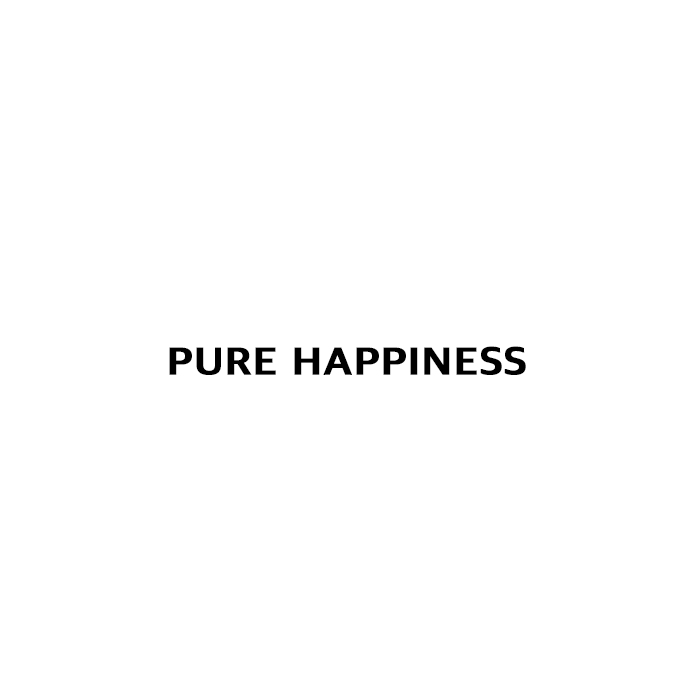Perfect Happiness(Precaution against Fabriccated Happiness)
My work emanates from questions about the negative experiences in life, which compel me to ask larger questions about life and being. This investigation always brings me up against my desire for happiness, which I consider an absolute value that I have pursued all my life.
Although of central importance to me, happ iness has always seemed to elude me. Like a mirage, it always appeared somewhere else, near enough to be desired but always out of grasp. I was unable to enjoy the present moment, as I was constantly seeking an always absent perfect happiness.
In 2015 I participated in an artist residency program in the United States. During the residency, I had an opportunity to hold interviews about happiness with many people of different backgrounds, races, ages, gender and occupations. Through this experience, I began to have doubts about my idea of happiness. What is this perfect happiness I have believed in?
Most people I met wanted to be happy but were less than perfectly happy. They all had issues, problems and sufferings of their own. While I was working on the interviews, I noticed a difference between the ways children and adults defined happiness. The adult’s idea of happiness is strangely similar to each other, which triggered my suspicion. It seemed different from that of the children in that the adults seemed to desire what other desired. As social beings, have we acquired our general idea of happiness from the social surround, as babies automatically pick up language? Is what we consider our very personal concept of happiness really a learned construct dictated by society? If so, can happiness really be considered is a property of a personal life? I started asking myself if the happiness I had always believed in and aspired to was actually a fabricated idea imposed upon me by society.
This consideration reminded me of a conversation with an acquaintance, who told me, “If I were you and could live like you, I would be happy”. I told her that I thought the same of her!” I realized that someone wanted to live a life like mine, while I admired the life of the other. I began to realize that the thing I called happiness might have been present with me all along but I just did not notice it. The very happiness I sought but overlooked was right there with me at that moment.
If happiness is a learned experience, I think that it is possible to have real and pure happiness. When the real meaning of happiness is understood, then I know that it becomes mine. I had not noticed happiness because I was missing the true value and meaning of it. This unnoticed happiness might have been shining just like stars in the dark sky, but were invisible in the bright sunlight of societal pressure.
What is the reality of the happiness that I have sought and found? Is it a personal desire or one imposed by society? As I change and as society changes will my definition of happiness change as well?
As I reflect on the possibility that the idea of happiness that so influenced my life may have been largely an illusion or fantasy imposed by society, I consider how changeable the idea of happiness is.
I have contained these ideas and the process of my thinking about them in my paintings.
